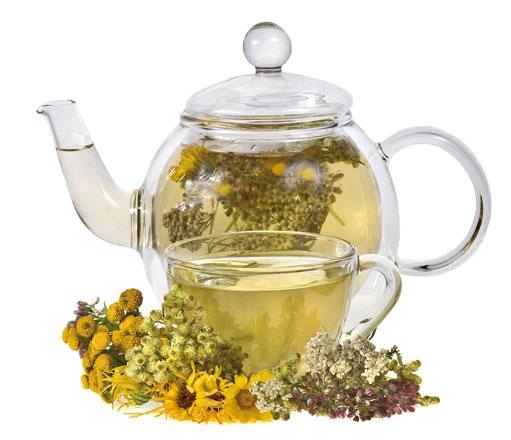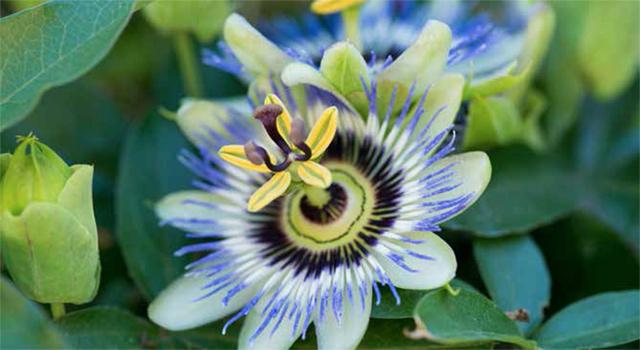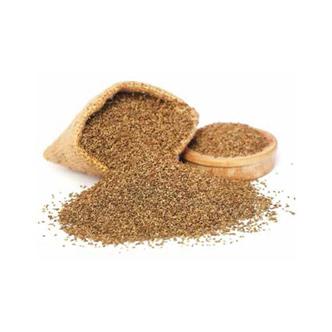You are here
Storm in a herbal cup: Indonesian elixirs get a modern twist
By AFP - Nov 28,2015 - Last updated at Nov 28,2015

Photo courtesy of culinaryblossom.com
JAKARTA — The trendy café looks like a typical coffee shop in the Indonesian capital Jakarta, but in fact it sells herb-infused brews promising to fix every ailment from coughs to impotence.
Indonesians have for generations taken herbal medicine, known locally as “jamu”, as a remedy for common ailments, and many children’s early memories include being forced to gulp down concoctions of ingredients such as ginger and turmeric.
Now entrepreneurs have fused the age-old love of tonics made from the archipelago’s vast selection of herbs with the younger generation’s desire for a fashionable setting, and come up with beverages that focus on modern-day problems.
And as demand for alternative medicines grows from the Middle East to Africa, Indonesian jamu manufacturers hope the country can use its expertise in the sector to become a major player in the global herbal medicine industry.
A resurgence in domestic popularity is being driven by hangouts such as the Jakarta café, which welcomes young professionals and students to a retro setting that mixes old-fashioned furniture with touches of the past, such as black and white prints and vintage bicycles.
“Potent!” exclaims the menu, which features a picture of a beaming man wearing a traditionally patterned cap and a smart suit as he promotes a “stamina-boosting aphrodisiac”, named the Ginseng Prakoso Plus.
Next to him is a picture of a woman with her hair meticulously styled into a bun, offering a drink called the “Tight Cavity”, which aims to help improve a couple’s sex life after a woman has given birth.
‘Wives always smiling’
Other brews at the café, named “It’s a long time such we had jamu,” tantalisingly promise to “keep husbands at home” and “wives always smiling”.
The café, which opened two years ago, also offers a range of lighter, more palatable jamu, such as drinks made from the herb rosella to recharge the immune system, turmeric to boost stamina, and ginger to fight colds and coughs.
“Initially the bitter taste put me off, but I have grown accustomed to it,” said graphic designer Io Woo, 23, who gets her particular amu fix at the café three to four times a month.
“It’s less dreadful to consume it with friends here, where it’s cosy and comfortable.”
It is not just hipster cafés seeking to breathe new life into jamu. Traditional healer Retno Widati has since 2011 been teaching people seeking to open their own businesses how to make jamu ice cream from green beans, rice and galangal, a herb related to ginger common in Indonesia.
“Young people are not taking jamu as often as in the old days, they fear the bitter taste,” she said, adding her aim was to re-introduce it to people in a “more modern form”.
The “jamu movement” has some high-profile supporters, notably Indonesian President Joko Widodo, who reportedly starts his day with a glass of boiled turmeric and ginger.
The government has thrown its support behind the industry, which currently employs 15 million people and boasts more than 1,000 manufacturers, including some listed on the Jakarta Stock Exchange.
Industry Minister Saleh Husin in September urged more exports of jamu products and said the sector aims to generate revenue of up to 20 trillion rupiah ($1.45 billion) this year, up from 15 trillion rupiah in 2014.
The old ways
Producers of jamu products see great opportunities abroad. Asia remains the stronghold for herbal remedies but their popularity is growing around the world, according to experts.
But Jamu Entrepreneurs Association Chairman Charles Saerang said Indonesia, which is home to around 6,000 varieties of herbs, was still punching below its weight and remained a small player in the $50 billion herbal remedy industry, which is dominated by countries including China and India.
He said the sector should focus on exporting good quality, cheap raw ingredients instead of simply ready-made products, as it mainly does now, which could increase annual earnings four fold.
Despite the arrival of hip cafés seen as key in driving jamu’s modernisation, there remains a hardcore of Indonesians who prefer the old ways — tonics served at streetside stalls, or in unpretentious, inexpensive local shops.
“Why should I pay five times more for something that’s essentially the same? I’d rather save my money because more money means more jamu to enjoy,” said school handyman Agustinus Martanbaim, 38, who buys his herbal drinks from local vendors.
Related Articles
The purple passionflower vine produces white flowers with purple, blue or pink calyx crown blooms.
By Sheela ShethFood Expert Popularly known as Ajwain or Carom, Bishop’s weed is an annual herb that belongs to the family of Apiaceae o
CAIRO — In an economic crisis that has led to a shortage of medicines, Egyptians are skipping trips to drug stores, and instead turning to h















